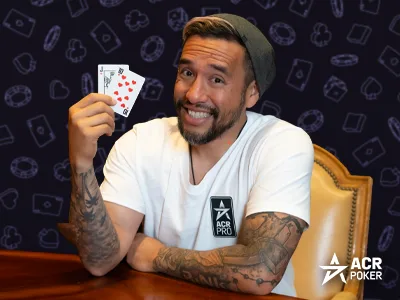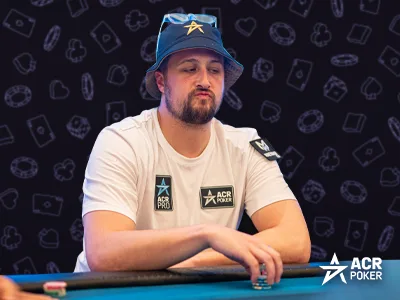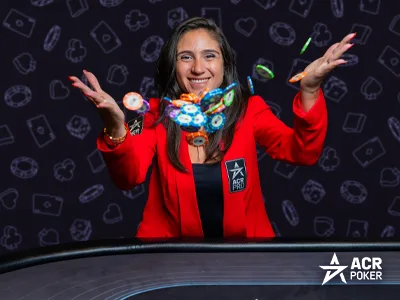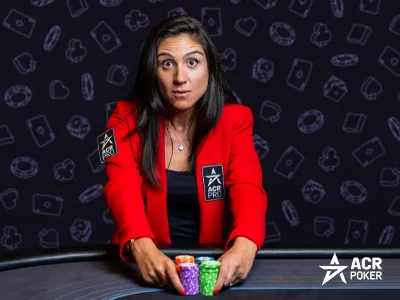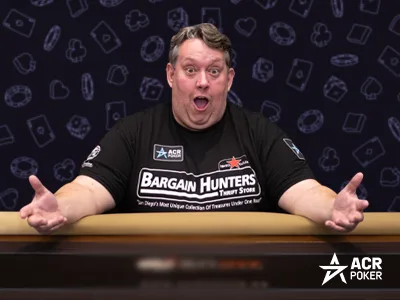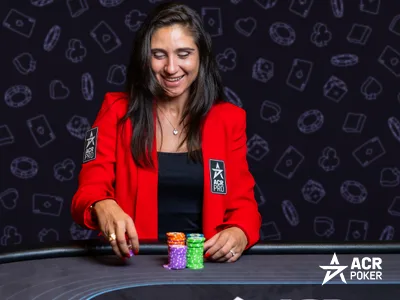Understanding the distinctions guides smoother and more profitable transitions between both Transitioning from rebuy tournaments to freezeouts in Texas Hold’em requires a shift in both mindset and decision-making. In rebuy formats, players can take more risks early because lost chips can be replaced. Freezeouts, however, offer no such safety net, meaning each chip carries far
Category: Poker Strategy
Bluffing and Semi-Bluffing in Six-Plus Hold’em
Mixing value bets with selective bluffs prevents opponents from exploiting you Bluffing in Six-Plus Hold’em plays a bigger role than many newcomers expect, largely because the deck is shorter and players connect with the board more often. Fewer cards mean stronger average holdings, so your bluffs must tell a convincing story. Random stabs rarely work.
Pre-Flop Strategy: Essential Tips for Heads-Up Play
Pre-flop heads-up is fluid, but a strong strategy will allow you to control the pace A strong pre-flop plan is critical in heads-up poker because ranges widen, hand values shift, and every pot becomes a battle for momentum. With only two players at the table, blinds come around quickly, making aggression a necessity rather than
Balancing Poker Strategy: The Fine Line Between Caution and Aggression
The real edge comes from knowing when to tighten up and when to turn up the pressure Balancing caution and aggression in poker is one of the toughest skills to master because the game constantly shifts between moments that reward patience and spots that demand pressure. Leaning too far in either direction creates predictable patterns.
Adapting To Changing Table Dynamics in Freezeouts
Monitor stack depths, opponent tendencies, and changing incentives to adapt faster than the table Adapting to changing table dynamics in freezeouts is one of the most important skills for maintaining a deep run. Unlike rebuy formats, every player has only one shot, which creates constant shifts in pressure, risk tolerance, and playing style. Recognizing these
Transitioning from Texas Hold’em to Six-Plus Hold’em
Mastering Six-Plus Hold’em requires embracing volatility, rethinking hand values and staying aggressive Transitioning from traditional Texas Hold’em to Six-Plus Hold’em (also called Short Deck) requires adjusting both your mindset and core strategy. The game uses a smaller deck, removing all cards below a six, which shifts hand values, equity spreads, and preflop dynamics. Players who
Managing Your Bankroll in Heads-Up Texas Hold’em
Heads-up poker should never pressure your personal income or savings Managing your bankroll in heads-up Texas Hold’em requires more precision than in full-ring or six-max games because the swings come faster and the pots tend to be larger relative to stack size. With only two players involved, you are constantly in action, which makes discipline
Recognizing Key Spots To Apply Pressure in Poker Cash Games
By using position, and recognizing capped ranges, you can turn ordinary spots into profitable ones Applying pressure in poker cash games is a skill that separates steady winners from players who rely only on strong hands. Cash games reward players who can identify profitable situations to push opponents off marginal holdings. The goal is not
When to tighten up vs. loosen up when decks turn cold
A cold deck is a challenge, but it also forces more mindful decision-making. Cold stretches happen to every poker player, and knowing when to tighten up or loosen up during these runs can make the difference between damage control and a profitable recovery. A cold deck can create pressure to force action, but reacting emotionally
Building a Stack Without Risking Elimination in Freezeouts
The core principle in freezeouts is to protect your tournament life, but not freeze your stack Building a stack in a freezeout tournament is one of the trickiest balancing acts in poker. You want chips, but you only get one bullet. That means every decision must weigh long-term survival against the need to stay competitive.
Building Confidence as a Heads-Up Player: Mental Game Insights
Heads-up players can develop a form of confidence that doesn’t depend on luck or results Building confidence as a heads-up poker player isn’t about pretending to be fearless; it’s about building a mental framework that keeps you grounded when the format becomes unpredictable and emotionally demanding. Heads-up play exposes every leak and amplifies every decision,
Post-Flop Strategies in Six-Plus Hold’em
Post-flop success comes from recognizing that the deck composition creates a dynamic environment Post-flop play in Six-Plus Hold’em, or Short Deck, demands a different mindset than in standard Hold’em because the shortened deck changes nearly every mathematical assumption. With fewer cards ranked two through five, hand values shift sharply, and post-flop ranges become naturally wider.

